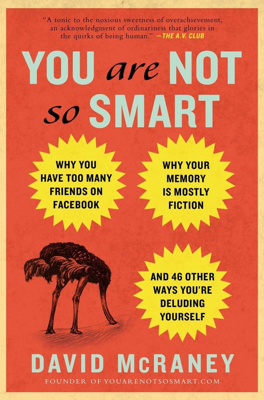Attention
Misconception vs. Truth
Misconception:
You see everything going on before your eyes, taking in all the information like a camera.
Truth:
You are aware only of a small amount of the total information your eyes take in, and even less is processed by your conscious mind and remembered.
The Nature of Attention
- Selective Attention: When you focus on one thing, everything else blurs into the periphery. This is similar to turning down sounds or tuning out visual distractions.
- Inattentional Blindness: You often miss visual information that is in plain sight because attention acts like a spotlight, focusing only on what is deemed important at the moment.
Experimental Evidence
- Simons and Chabris' Gorilla Experiment (1999): While counting basketball passes in a video, half the viewers missed a woman in a gorilla suit walking through the players, illustrating tunnel vision.
- Change Blindness: People fail to notice significant changes in their environment due to the brain's focus on specific details, demonstrated by experiments where participants failed to notice person swaps and scene alterations.
Real-World Implications
- Eyewitness Reliability: The belief in perfect perception and recall leads to mistakes in judgments. Human eyes aren't video cameras, and memories aren't exact recordings.
- Magical Misdirection: Magicians exploit inattentional blindness and change blindness to perform tricks, relying on people's selective perception.
Cultural Differences
- Western vs. East Asian Attention: Research shows Westerners focus more on central objects, while East Asians take in both the object and the background. This cultural difference implies varying susceptibility to change blindness and inattentional blindness.
Practical Considerations
- Impact on Safety: For example, pilots focusing on heads-up displays might miss other critical visual information.
- Everyday Situations: Driving while using a phone or getting lost in thought can lead to missing unexpected yet crucial events.
Awareness and Adaptation
- Selective Vision: Recognize that your perception is selective and prone to errors. It’s important not to overestimate the reliability of your senses.
- Situational Awareness: Be cautious in environments where distractions can lead to missing significant events or details.
